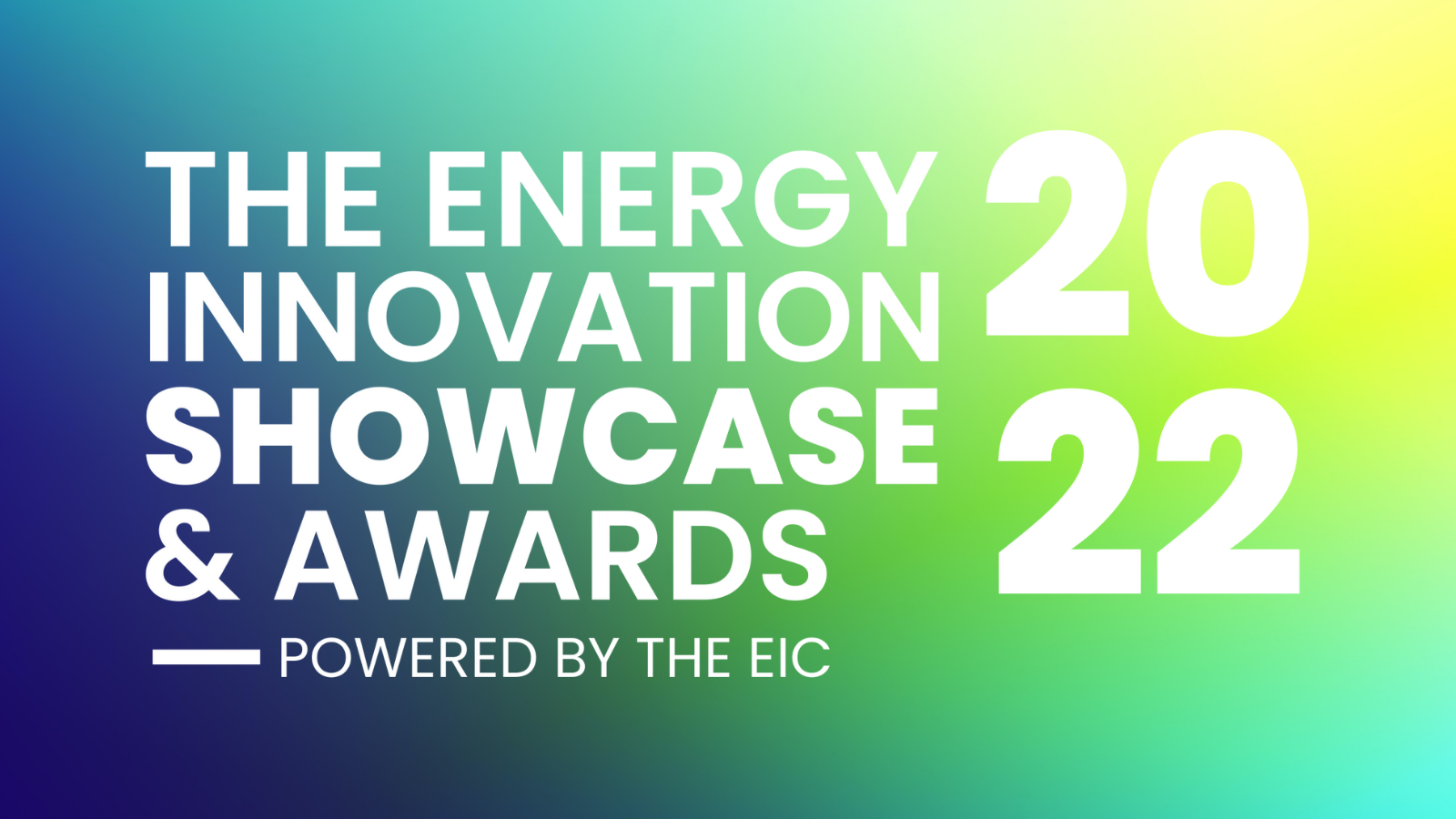You’ve reached your limit!
To continue enjoying Utility Week Innovate, brought to you in association with Utility Week Live or gain unlimited Utility Week site access choose the option that applies to you below:
Register to access Utility Week Innovate
- Get the latest insight on frontline business challenges
- Receive specialist sector newsletters to keep you informed
- Access our Utility Week Innovate content for free
- Join us in bringing collaborative innovation to life at Utility Week Live

Ahead of the 2022 Energy Innovation Awards, Utility Week Innovate speaks to Joshua Wood, operations lead at innovator of the year, best digital innovation, and innovation culture category finalist, Fyld.
What do you think is the key to creating the conditions for innovation within the utilities sector?
 For me, it’s about understanding the pressures and constraints that are at play within each organisation and using data to build a picture of where changes can be made to reduce job blockers, improve safety measures and help teams to be more productive.
For me, it’s about understanding the pressures and constraints that are at play within each organisation and using data to build a picture of where changes can be made to reduce job blockers, improve safety measures and help teams to be more productive.
Field teams, for example, are unique in their systems, processes, environments and skill sets. A broad-brush approach won’t work. We need to gather data and encourage research into the daily lives of front-line operations to better understand what the sector needs.
Did you learn anything new about collaborating or innovating as a team or business during the pandemic?
The pandemic highlighted the role technology can play in making field force operations safer and more productive.
 We know businesses across all industries are always looking to minimise wasted time and the associated impact on the environment, but the pandemic added additional pressure, forcing many to re-think how they manage and monitor project progress. Remote working technology offered a solution to enhancing productivity whilst maintaining social distance.
We know businesses across all industries are always looking to minimise wasted time and the associated impact on the environment, but the pandemic added additional pressure, forcing many to re-think how they manage and monitor project progress. Remote working technology offered a solution to enhancing productivity whilst maintaining social distance.
Working for Fyld – a digital platform which helps risk assessment collaboration and productivity – during the pandemic, we learnt the overwhelming impact our technology has on remote teams and we are all proud of the results we have enabled for our customers during this difficult time.
Is there a standout innovation or collaboration project that you’ve worked on during your time in utilities – what made it special?
During my time at Thames Water, I ran significant operational projects, including major productivity initiatives. The people I partnered with to deliver these initiatives – the workers on the front line – all deserve to go to work knowing they will go home safely at the end of the day. This needs to be front of mind for everybody in this industry, every day.
 The standout innovation I’ve worked on is the high hazard alert system as part of Fyld’s Safer Supervision. In real time, Fyld identifies site hazards and enables remote site visibility. We believe nothing like this has ever been done before.
The standout innovation I’ve worked on is the high hazard alert system as part of Fyld’s Safer Supervision. In real time, Fyld identifies site hazards and enables remote site visibility. We believe nothing like this has ever been done before.
What excites you most about the next 10 years in the utilities sector – any trends, tech or specific innovations?
There are so many areas to explore in the coming decade. AI-driven technologies are going to be the future for so many innovations in the utilities sector – allowing business to gather, analyse and improve activity for all workers.
It’s a rewarding industry to be involved in. As technology is becoming more widely accepted as part of the day-to-day activity of a field worker, the leaps in adoption and innovation will continue to skyrocket. I predict a step change across the utilities sector where paper-based safety assessments will be redundant, and we’ll see a dramatic reduction in safety incidents.
What do you think is the biggest challenge facing the utilities sector at present?
Utilities need better resources at their fingertips to plan, manage, and analyse data on their operations in order to improve productivity, safety and compliance.
 Utilities are under more pressure than ever from regulators to demonstrate the highest safety and compliance practices, but couple this pressure with reduced expenditure, which is also commonplace in the industry, efficiencies and spend need to be carefully considered.
Utilities are under more pressure than ever from regulators to demonstrate the highest safety and compliance practices, but couple this pressure with reduced expenditure, which is also commonplace in the industry, efficiencies and spend need to be carefully considered.
Other factors to consider are ensuring first class service for all customers, environmental impact of work undertaken, while securing investment to progress the next scope of work.
What is the most significant way you think the utilities sector of ten years’ time will differ from the one we see today?
With the adoption of technology across the utilities sector increasing, the sector will operate in a drastically different way to now.

Head to the EIC’s Eventbrite page to buy tickets before 14 April 2022
Please login or Register to leave a comment.